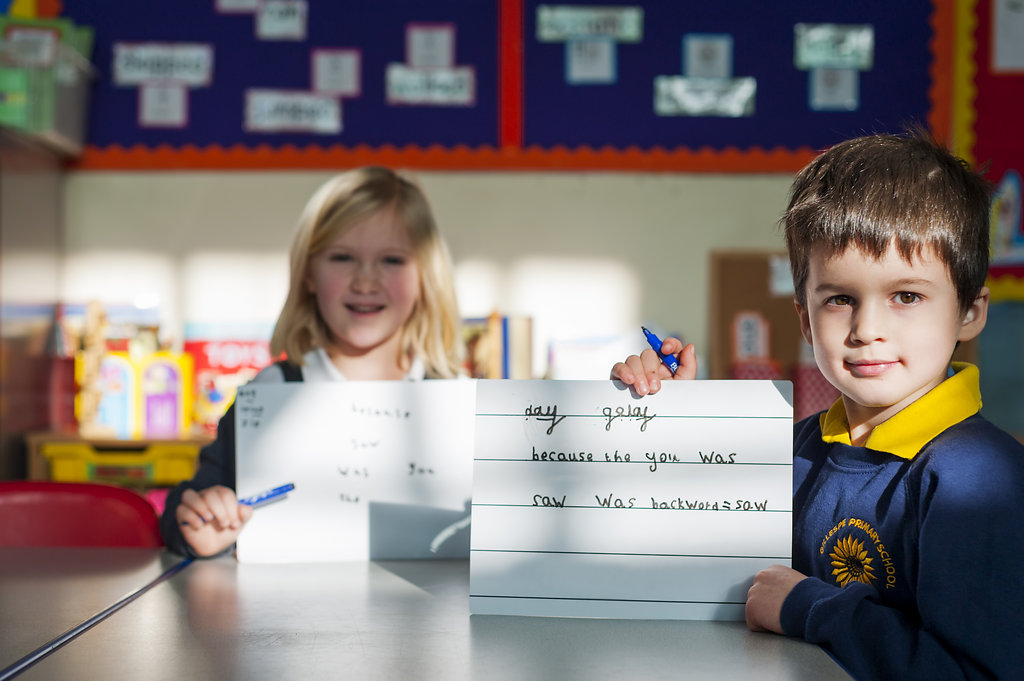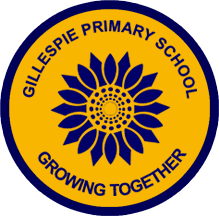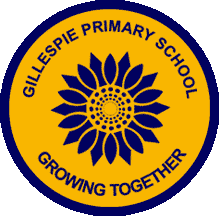

Curriculum provision at Gillespie supports growth academically and physically. It also underpins pupils’ emotional well-being and nurtures their spiritual moral, social and cultural development.
We develop a creative approach to teaching subjects which are planned carefully so that children follow a detailed sequence of learning which enables them to acquire knowledge, skills and understanding in all subjects. We ensure that cross curricular links are made so that children can apply their learning in a meaningful way making connections between different subjects, deepening their understanding. We provide vibrant additional specialist learning opportunities in Science, Music and PE.
Foundation Stage Curriculum (Nursery and Reception)
Gillespie follows the Early Years Foundation Stage curriculum set out by the government (revised in September 2021). For children in the Nursery and Reception classes, this means a curriculum that is organised into seven areas of learning:
- communication and language
- physical development
- personal, social and emotional development
- literacy
- mathematics
- understanding the world
- expressive arts and design
Some learning is led and structured by adults and some is initiated by children through play and exploration. We are committed to outdoor learning and children experience Forest School as an integral part of their learning journey in the Early Years.
National Curriculum for Years 1 – 6
Gillespie follows the Primary National Curriculum which has been carefully implemented and developed to reflect the uniqueness of our pupils.
The curriculum is divided into two Key Stages:
- Key Stage 1 for Years 1 & 2
- Key Stage 2 for Years 3, 4, 5 & 6
Throughout, there are three ‘core’ subjects: English, Maths and Science. Children are also taught what are known as the ‘foundation subjects’: Art and Design, Computing, Design and Technology, French, Geography, History, Music and Physical Education. In addition it is the school’s statutory duty to teach Religious Education using the agreed syllabus designed by the Local Education Authority. The school also implements the Islington Personal, Social and Health Education (PSHE) Scheme which includes Relationships and Sex Education (RSE).
All subjects in KS1 and KS2 are taught discretely so that children know what subject they are studying. Cross curricular links are carefully planned to enable children to make natural links between subject areas and deepen their learning. Each class studies an overall topic theme each term. We also involve children in deciding and planning aspects of their learning.
Children study daily 1 hour English and Maths lessons and in addition 30 minutes each day is devoted to structured teaching of reading and literacy. The time spent on other subjects will vary depending on which year they are in. All children receive at least two hours statutory PE lessons weekly. Some aspects of subject study such as local geography field work or design & technology projects will be taught as a sequence of consecutive lessons in a shorter period of time so that the children can build on prior learning and apply skills learnt to achieve an outcome.
For all subjects, children are taught as a class with work adapted for groups or individuals of different abilities where appropriate. All children learn by doing as well as by listening and watching. Children also learn by collaborating with others and by working on their own. Our teachers endeavour to create a dynamic learning environment in which pupils have opportunities to learn in all these different ways. We ensure that the development of mathematical fluency and numeracy; and language fluency and literacy is applied across the curriculum to enable pupils to access all subjects to the deepest possible level. We also use digital technology across the curriculum to support dynamic learning.
We teach children the characteristics of effective learning so that they become active, engaged, resilient and independent learners, able to make the most of the curriculum and become life long learners.
All lessons are carefully planned in advance, with the Headteacher overseeing the plans. Subject Leaders (Senior Teachers in the school) also monitor the plans to make sure the curriculum is being covered and progress is being made. Teaching across the school is regularly observed by the Headteacher and Senior Teachers and by peer teachers to improve practice. Parents and Governors are also formally invited in to school to observe lessons to gain a more informed understanding of how pupils learn and make progress. Parents/carers and members of the public can find out about our school curriculum, schemes and medium term plans for each class on the website. In addition, the school regularly provides curriculum workshops and information to parents.
Special Educational Needs and Disabilities
At Gillespie we believe that every child is entitled to receive a high-quality, broad and balanced education regardless of their needs or disabilities. It is vital that our children are equipped with the tools needed to become happy independent learners, both inside and outside of the classroom environment. All children and young people should expect to receive an education that enables them to achieve the best possible outcomes, and become confident, able to communicate their own views and ready to make a successful and positive transition into secondary school and then adulthood.
Through quality first teaching, planning and provision we:
- Ensure that needs are identified as early as possible and support is put into place
- Ensure that children have access to a broad and balanced curriculum which is appropriately differentiated to enable children to succeed
- Provide an accessible learning environment which is tailored to the needs of all pupils
- Develop children’s independence
- Regularly monitor and evaluate the progress of children with SEND – making adaptations and revising practise
- Work in close partnership with parents and carers
- Work closely with external agencies and other professionals to ensure that there is a collaborative approach to support children with SEND
The following pages have:
- The individual subject and SEND pages provide information on teaching and learning for these subjects as well as the curriculum intent, implementation & impact statements
- The curriculum overview and scheme of works page has detailed overviews of how the school plans to deliver the national curriculum outcomes for each subject


